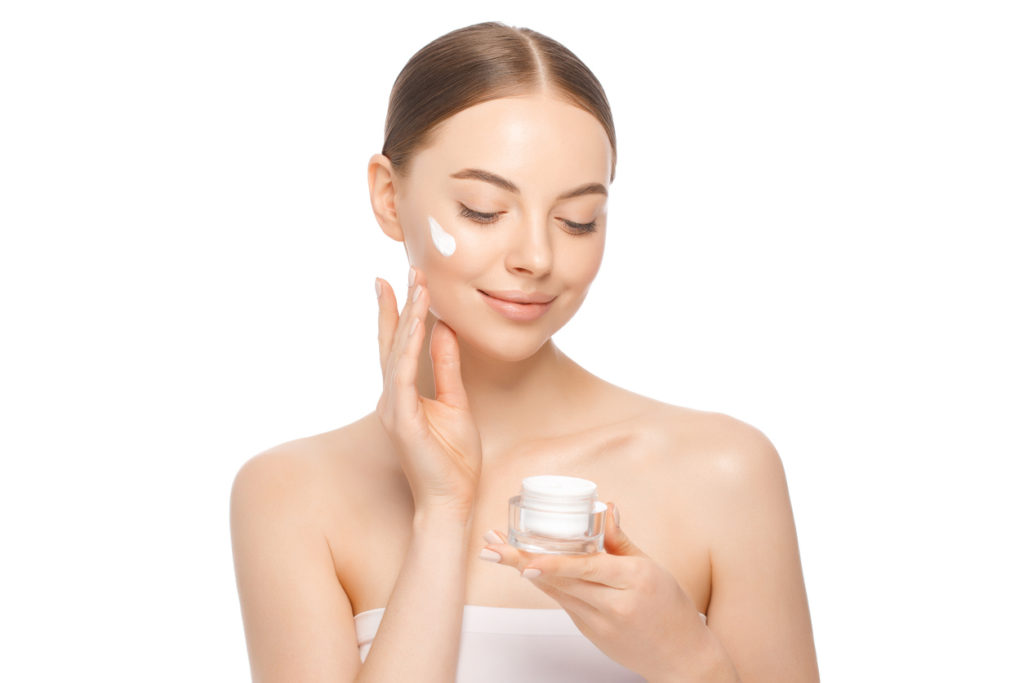The #1 Thing To Consider Before Using A Retinol – According To A Harvard Educated Dermatologist
Thinking about incorporating retinol into your skincare routine? Take stock before diving in.
Of all the anti-aging products on the market, retinoids tend to get the most airplay. From over-the-counter preparations to prescription versions, there are a lot of options and things to consider before taking the plunge. I recently interviewed Dr. Macrene Alexiades, MD PhD, Associate Clinical Professor at Yale University School of Medicine and founder of Macrene Actives to get the scoop on retinol, Retin-A, and tazarotene.

A Brief Overview of Retinoids
You’ve probably heard of Retin-A, which is the trade name for prescription tretinoin. This all-trans-retinoic acid is a staple in many rejuvenating regimens, including mine. Among its many talents, this vitamin A derivative does all of the following:
- Increases skin cell turnover
- Increases collagen production
- Reduces acne
- Keeps pores clear
- Minimizes wrinkles and fine lines
- Evens out skin tone
Dr. Alexiades describes retinol as “the weaker over-the-counter version.” Skin needs to convert retinol into retinoic acid in order for it to work its magic and this conversion process weakens its effectiveness, but it also makes it easier to tolerate without side effects such as redness. So, if you think strength alone is the defining characteristic of a quality product, think again. A lot of factors figure in when deciding to incorporate a retinoid into your routine.

Age Isn’t Always the Deciding Factor
Life would be so much simpler if there was a chart outlining skincare milestones, but, alas, every person’s skin ages at a unique pace. “People often ask what age good to implement retinol into their routine. For those with oily or sebaceous skin, who also want to fight the signs of aging, it is a good idea to start in your 20s or 30s. However, for those with sensitive skin, it is to be avoided.”
Things to Consider BEFORE Adding Retinol to Your Routine
Before jumping in with both feet, Dr. Alexiades recommends you take stock of where you live as well as the type of lifestyle you’re living. “If you live in a sunny location, note that retinoids make you very sun sensitive. There is a debate, in fact, that they can potentially be photo-carcinogenic. [Although it hasn’t been proven yet,] “this has resulted in our cautioning patients who use retinoids while getting a lot of sun.”
Even if you live in a cloud-dense environment, “You must apply [retinol products] at night due to the photosensitivity aspect.” You’ll also need to “balance it out by applying an adequate emollient so that your skin barrier is not compromised.” Adding hydrating essences and serums can minimize irritation while keeping your skin plump and happy. Last, but certainly not least, SPF 50+ is an absolute must if you’re going to be in the sun, even for a quick stroll with the doggies.
If you’re ready to jump into the retinoid pool, stay tuned for part two. You’ll learn what to expect while getting acclimated to retinoids as well as some suggestions for choosing the right product for your skin.
Loading...